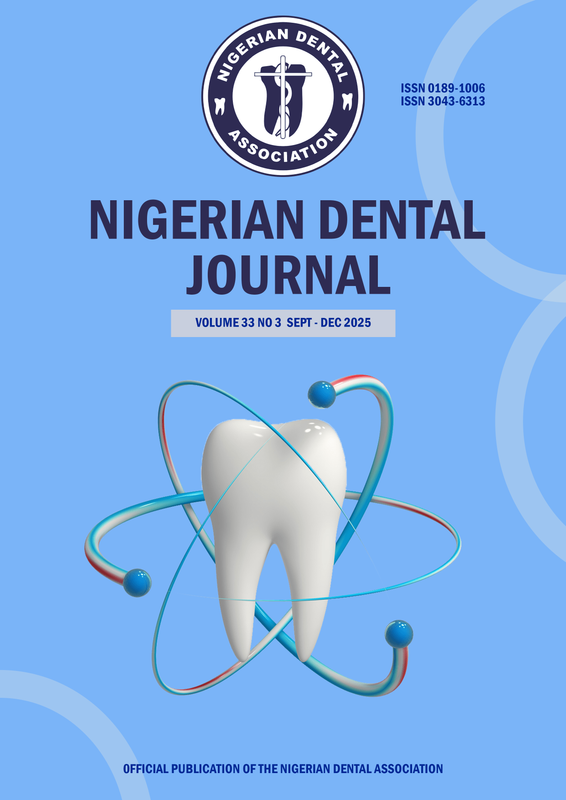Demographic variations in the coping ability of people living with HIV/AIDS in Nigeria: implications for counseling
DOI:
https://doi.org/10.61172/ndj.v16i1.179Keywords:
Demography, Coping, HIV/AIDS, CounselingAbstract
Objective: To determine the coping ability of people living with HIV/AIDS (PLWHA) across demographic variations of gender, duration of living with HIV infection, marital status and living arrangements either with the family or alone.
Method: The research design adopted in this study was descriptive survey. The population consisted of all PLWHA in Nigeria. The sample comprised of 117 PLWHA attending clinic regularly at General Hospital Ilesa, Osun State, Nigeria. The subjects had all been exposed to voluntary counselling and testing (VCT). Only those who consented participated in the study. A structured questionnaire developed for the purpose of this research was used to collect data.
Result: Marital status, living arrangements and gender do not significantly influence coping ability of the PLWHAs (p>0.05); however duration of living with the infection had significant influence on the coping ability of PLWHAs (p<0.05).
Conclusion: The length of period of living with HIV/AIDS had a significant effect on the coping abilities of PLWHA (p< 0.05). The results also showed no significant difference in the coping ability of PLWHA by gender, marital status and living arrangements (p=0.05). Developing adaptive coping skills to deal with stress of living with HIV/AIDS may be a particularly effective strategy for improving overall health among the study population and not just on the medical needs.
Downloads
Downloads
Published
Issue
Section
License
Copyright (c) 2008 M. A. Adedigba, O. O. Ojo, E. O. Ogunbodede, S. Naidoo

This work is licensed under a Creative Commons Attribution 4.0 International License.
Open Access Statement
- We became fully Open Access since January 2023.
- Our new and archived materials are available free of charge on open basis and under a Creative Commons license as stated below.
Copyright statement
Copyright © 1999 The authors. This work, Nigerian Dental Journal by Nigerian Dental Association is licensed under Creative Commons Attribution 4.0 International License.

